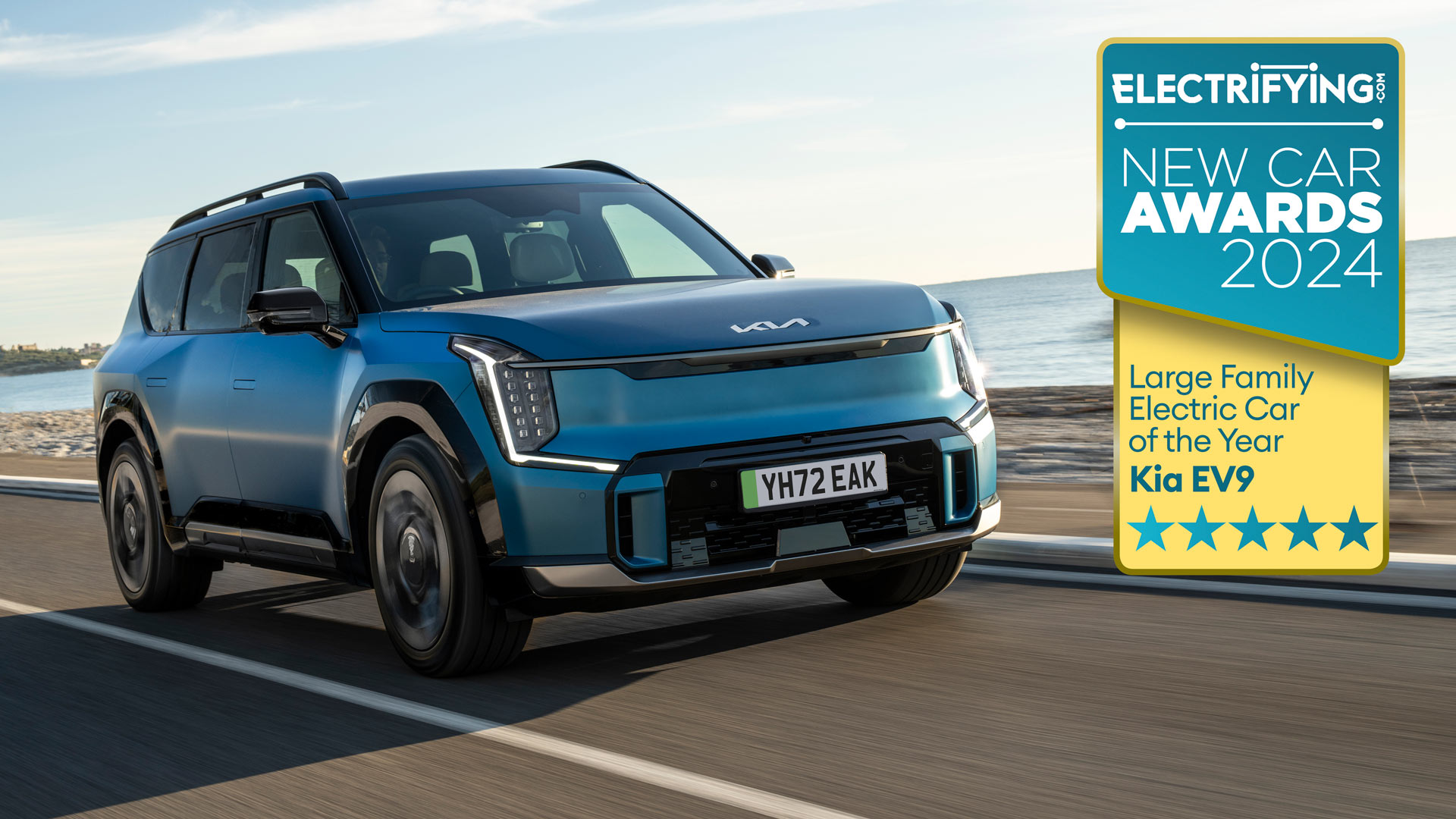Pricing
And so we come to the big one. Price! The EV9 starts at £64,995 for the 200bhp rear-wheel drive model in 'Air' trim. GT-Line with all-wheel drive is priced from £73,245 while top-spec GT Line S models start at £75,995. Six-seater versions are the priciest of the lot, starting at a whopping £76,995, and only available in the top trim.
The EV9 isn't cheap, then, but one of Kia’s strong points (along with its 7-year 100,000 mile warranty) is the strong second-hand values of many of its cars. Kia works hard to keep used values stable, which has a positive impact on overall ownership costs.
If you’re buying on finance, the Kia is rather pricey. You’ll be lucky to get PCP payments or lease costs down to below £1000 per month, but expect the low deposit and low interest deals to start bringing those PCP costs down in a year or two when the EV9’s shiny newness and initial demand starts to wane - and when it has more competition in the form of the new Volvo EX90.
Running costs
A big battery and a big car means that this isn’t the most efficient electric car out there, but it’ll still cost around 10p per mile if you charge it at home on a standard domestic tariff – or you can cut that to under 5p per mile if you charge using an off-peak tariff. For context, a petrol car doing 40mpg will cost around 16p per mile, or a diesel doing 55mpg will cost around 13p per mile, so you can make big savings going electric even if it’s in a car as bulky as the EV9.
Insurance
Insurance won’t be cheap on the EV9 – as is the case with any big, desirable SUV, especially with recent rises in insurance costs. The EV9 falls into groups 49-50, so make sure you get a quote and check that you’re happy with insurance costs before you commit to the EV9.
Servicing costs
If you finance your EV9 through Kia, they’ll give you two year’s free servicing. Otherwise, Kia offers a fixed-price servicing deal for under £400 on the EV9, saving around £200 on its servicing plans for its combustion-engine cars. The Kia EV9 will tell you when it needs servicing depending on the mileage you do, and the sort of driving you normally do, but it won’t need attention as often as an equivalent petrol or diesel car.




























 PV5_Cargo_Key visual image_2.png?width=300&height=185)


